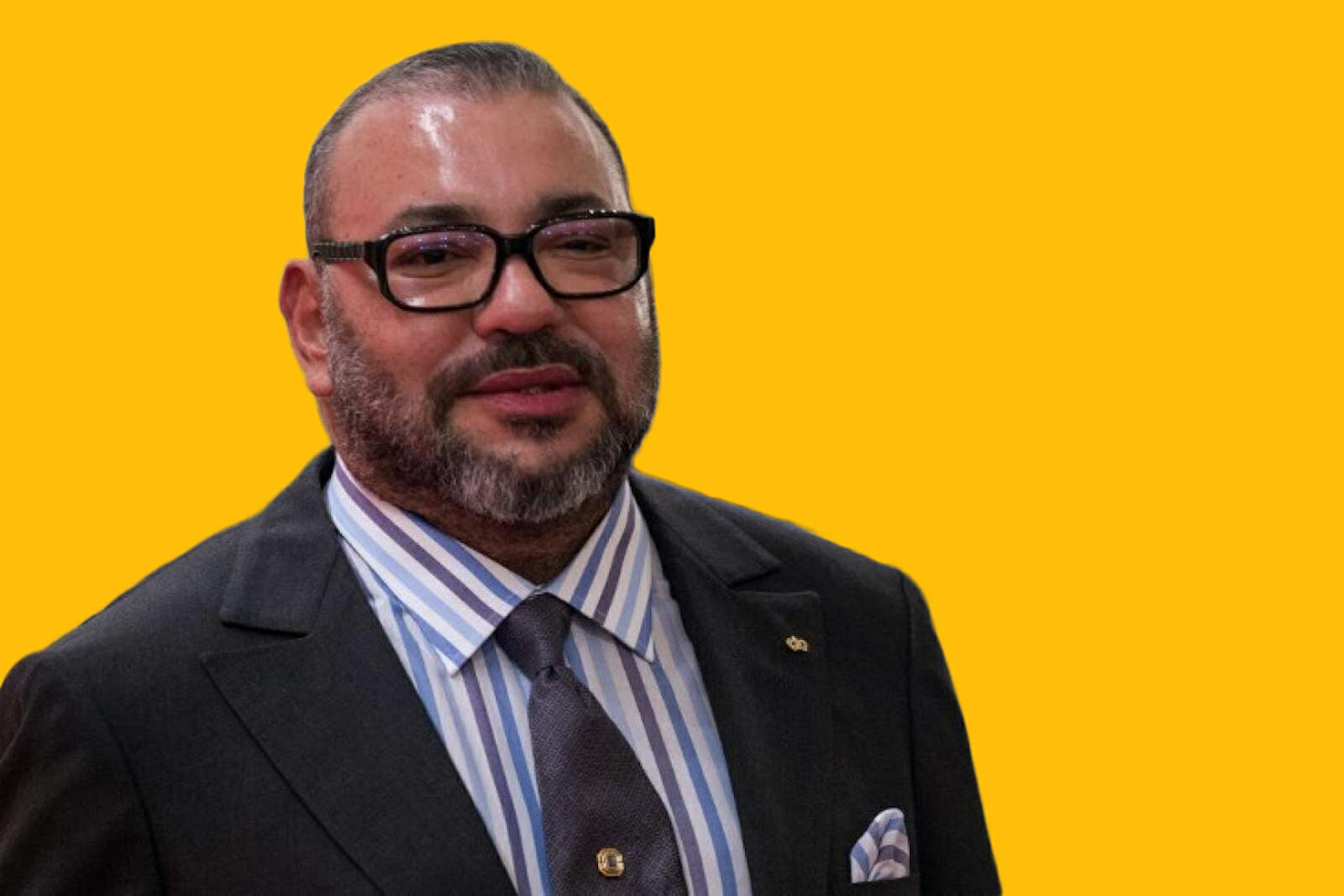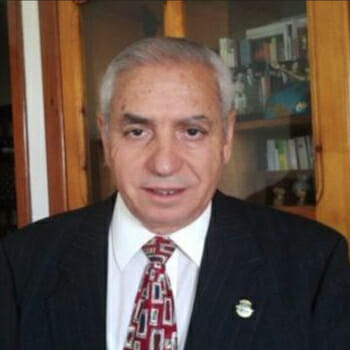
Co-opting Tactics in Morocco
Morocco was one of the few countries in the Arab World partially spared by the upheaval of the Arab Spring. However, recent regime changes in Algeria and Sudan, along with continued domestic discontent, suggest that Morocco should reexamine its prior response to its domestic version of the Arab Spring—the Le mouvement du 20 Février. The movement’s protests did not seek to the overthrow Morocco’s monarchy. Rather, its leaders sought a gradual devolution of power and the systematic elimination of national ‘headaches,’ such as government corruption, nepotism, embezzlement, abuse of power, and the patron-client system.
The monarchy’s prompt response to protests included a new constitution that symbolically transferred some of the monarch’s extensive powers to the elected head of government, thus allowing the moderate Islamists of the PJD (Parti de la Justice et du Développement) to gain a sense of power in Morocco’s national government. Nevertheless, the political scene in Morocco continues to resemble the country’s past decades, reflective of a process of political co-optation by the state rather than incremental democracy. The state has increasingly shaped Morocco’s economy, politics, press, and religion to reaffirm the state’s legitimacy.
Co-option of public life is a longstanding feature of Moroccan history; the monarch has long served as the sole representative of Islam in the country as the amir al-muminin, or “Commander of the faithful.” Traditionally, the Ministry of Islamic Waqf and Religious Affairs has always been located in the palace precinct (mechouar) so that the monarch can walk to its building on foot to check on the affairs of the religion of the nation. In addition, the sovereign makes annual money gifts to the religious lodges of moderate Sufi Islam located all over the country to secure their infallible support, a tradition begun in the past that continues today. Now, the strong Sufi lodge of the Boutchichiya Tariqa, located in the environs of the eastern Moroccan city of Berkane, has millions of adepts both in Morocco and abroad who are often staunch followers of the monarchy. Indeed, during the Arab Spring in 2011, these followers staged a mass demonstration in Casablanca supporting the monarch.
And during a period of major dissension in the 19th and early 20th centuries—where the country was divided into bled al-makhzen (government-controlled lands) and bled as-siba (lands of dissent)—the relationship between state and religion was further solidified. The bled as-siba mostly consisted of the Moroccan periphery inhabited by the Amazigh/Berber people. Though this population recognized the religion’s mantle of the monarch and conducted prayers in his name, they failed to recognize his temporal status and, consequently, refused to pay his taxes.
By and large, the Moroccan people do not reject the relationship between state and religion within Morocco because it is synonymous with stability, tolerance, and moderation. When it comes to religion, most Moroccans are adepts of the wasatiyya, a style of religious belief that emphasizes a ‘middle-of-the-road’ approach to religion and calls specifically for the rejection of violence and extremism. However, the more recent co-option of politics by the state is another matter. Moroccans are increasingly recognizing and rejecting the state’s attempts to co-opt the country’s political field because it enhances corruption, nepotism, tribalism, patriarchy, and abuse of power.
Thus, the constitutional promise of incremental democracy from the days of the Arab Spring has done little to change the real challenges of Moroccan life, which the Le mouvement du 20 Février originally sought to address. Once in power, the Islamists of the PJD proved to be ineffective in addressing these issues due to their lack of a coherent economic program. Even on a moral level, the Islamists eroded their legitimacy as prominent members became involved in sex scandals, corruption, nepotism, and abuse of power. As a result, their reputation paled in the eyes of the general public.
Therefore, Morocco’s continuing economic challenges, along with the broader distinction of society into ‘haves’ and ‘have-nots’ resemble in many respects the kind of economic frustrations that have prompted the most recent waves of protest in Sudan and Algeria.
Like Sudan and Algeria, Moroccan society lacks a sense of equal opportunity. Morocco’s endemic economic and social inequalities are demonstrated by the phenomenon of parachutage (parachuting). Parachutage is when a given individual lands himself a well-paying job or a powerful position in the state system for reasons other than meritocracy. Belonging to a powerful family close to the establishment, known as a Makhzen family, is one way of accomplishing this; receiving a job as a reward for services rendered to these elite families is another. Of course, corruption is a third way to practice parachutage, and between these three avenues, a significant number of people come to occupy senior positions in public life. This process perpetuates the parachutage system and blocks the advance of democracy and accountability.
Parachutage also contributes to a brain-drain in Morocco. Moroccan talent, snubbed at home, will often focus on leaving the country to more democratic environments where their worth is fully recognized—especially in Europe and the United States. This is a self-perpetuating cycle, as those who already benefit from the system are the ones who rise to prominence, is further frustrating the ambitions of the next generation.
The failures of the PJD also reflect another challenge of Moroccan political life. Whereas Morocco’s opposition parties were quite active and effective during the 1960s and 1970s, the late King Hassan II effectively disrupted this political scene by encouraging schisms within strong opposition parties and co-opting leaders of the opposition through renter privileges as well as ministerial positions and political power.
Through this process, Moroccan political parties became closer to tribal businesses and are called dakakin siyasiya—political shops. These organizations guaranteed money, powerful jobs, and the benediction of the monarchy to their members in exchange for preserving the status quo. During this period, political parties lost their credibility and are now considered by the majority of Moroccans to be functionaries of the establishment as 3ayasha—those who are obsequious to the state.
Older opposition parties also possessed powerful newspapers that presented the party viewpoint, criticizing the Moroccan establishment in the process. These papers acted as powerful accountability agents that reviewed and criticized the work of both the government and the monarchy. The 1990s saw the addition of independent journalism, which was welcomed by a majority of people. However, its ability to provide needed pressure on the government became limited when the government sought to co-opt this tool as well.
Today, most print and online press in Morocco will staunchly praise the establishment, which results in financial rewards. This has led to a downturn of print newspaper purchases, which in turn has caused the shuttering of some print organizations altogether. Online news organizations are often ignored altogether with the exception of the popular website Hesspress, which does critique the government and its institutions. However, Hesspress’s willingness to publish freely expressed discontent is the exception rather than the norm in Moroccan news coverage.
The fact that political parties have been inefficient in defending the interests of the population, even as economic and press freedoms have declined, has led to three prominent uprisings in the periphery region known as the “hirak,” especially in the traditional rebellious and recalcitrant Rif, in the southern city of Zagora and in the ex-mining city of Jerada. The leaders of these movements were arrested and put in prison to serve as an example to future uprisings and rebels.
Yet today, as was the case during the Arab Spring, many Moroccans still want a constitutional monarchy rather than an executive monarchy and are still searching for a system where all political actors are held fully accountable. With the potential of a democratic neighbor on their eastern border, Moroccans may be less inclined to accept the continuation of the state co-opting the country’s political and economic life.

